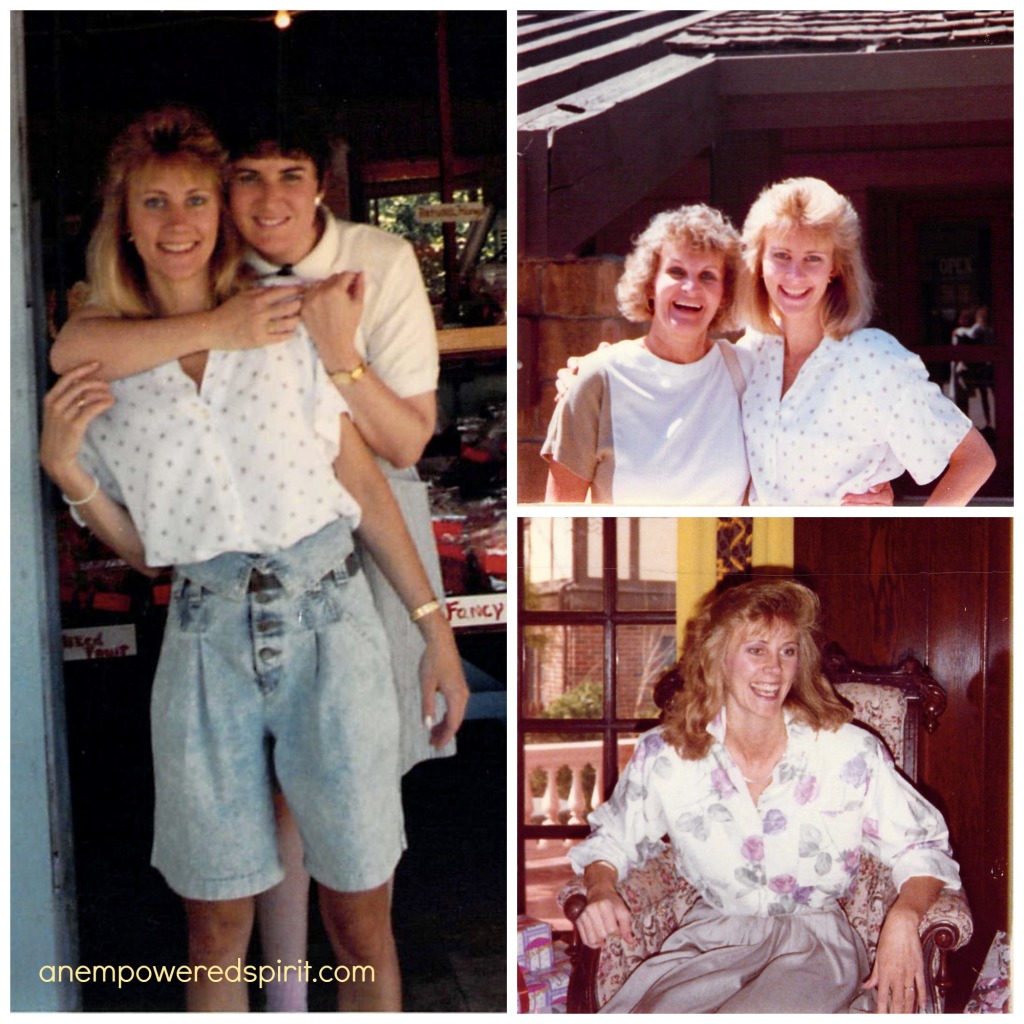How Technology And Exercise May Help Patients Live A Better Quality Of Life
It’s a new world. When I grew up getting exercise meant riding my bike all over town or, as I got older, signing up for an aerobics class. Today, technology is changing the face of exercise by reaching a wider audience; people who either don't make time for it or don't know how to use their abilities for physical activities. This is good news for everyone, but it’s particularly exciting for the disability community. (See my post on how FitBit and FaceTime are keeping people fit.)
Patients living with Multiple Sclerosis know it’s a disease where no two people have it exactly alike, but they also know what’s overwhelmingly prevalent: fatigue and depression.
Traditionally MS specialists prescribe a myriad of medications for patients to try and combat their fatigue and depression. It’s been my experience that none of these work. So for years I’ve looked high and low for holistic ways to address these issues. What I’ve found is something we’ve known all along.
Physical activity makes a difference in more ways than one.
According to the Cleveland Clinic, “A number of studies have shown that regular exercise, usually with some aerobic (cardiovascular) component, helps with MS-related fatigue. Regular exercise is also good for balance, endurance, weight loss, and well-being.”
Well, then all we have to do is go out and (yes, I’m going to say it) just do it, right? Not so fast.
If you’re like me, someone who doesn’t exercise nearly enough, and you also happen to live with a chronic illness, getting daily exercise is not as easy as it sounds. The thought of walking, biking, lifting weights or dancing while battling fatigue can feel overwhelming. So I sit in the comfort of my chair promising myself that tomorrow I’ll get some exercise.
But tomorrow never comes.
What we need is a buddy, a mentor, or a friend to simultaneously inspire and hold us accountable to an exercise routine.
Coincidentally as I was deciding on my next topic to write about, from the hundreds of presentations offered at the recent CMSC Annual Meeting, I found myself leafing through abstracts in The International Journal of MS Care (the official publication of The Consortium of Multiple Sclerosis Centers) to help me decide.
One particular study seemed to jump off the pages.
It was a study done at The University of Washington called “Improving Fatigue and Depression in Individuals with Multiple Sclerosis Using Telephone-Administered Physical Activity Counseling” performed by Aaron Turner, Ph.D. and Alicia Sloan, MPH, MSW, LICSC, at their Multiple Sclerosis Center of Excellence.

Aaron Turner and Alicia Sloan performed a study on 64 veterans to see if fatigue and depression were affected by exercise
Its objective was to evaluate the impact of physical activity to improve fatigue and depression in patients with MS. After going through a screening process, sixty-four veterans became part of the study, receiving either telephone counseling (TC) or self-directed physical activity education (EC).
TC included mailed graphic feedback, six telephone counseling sessions that used motivational interviewing and telehealth home monitoring (including telephones, computerized ankle step monitors and home telehealth monitors) and a way to track progress on exercise goals.
EC consisted of advice and a DVD that was produced by the VA called “Get Fit for Life” which provided examples of in-home exercises. The activities included exercises for multiple physical abilities.
There was a three and six month follow-up.
What were the results? Go ahead and take a guess. I’ll give you a moment to think.
Your time is up! What was your guess? If you thought the veterans receiving telephone counseling fared better you were right. Give yourself a nice walk around the block as your prize!
The TC group showed significant increases in physical activity because they were monitored, and they also were found to have a reduced amount of depression and fatigue!
I find these results extremely promising.
I thought I'd reach out to Aaron Turner and Alicia Sloan to ask a few questions about their study. I wanted to learn a bit more and find out if they’re planning a larger study to reach a wider patient population.
CC: What is motivational interviewing?
AT/AS: Motivational interviewing (MI) is a form of brief psychosocial counseling and has been shown to help initiate and sustain behavior changes from across many health domains. MI encourages behavior change by contrasting current behavior, such as physical inactivity, with desired goals and values, such as physical fitness, good self-care, and quality of life, in a manner that is empathetic, evocative, and collaborative and intended to promote self-efficacy (Miller & Rollnick, 2012).
There is some specific evidence to suggest that MI-based counseling may be effective in promoting physical activity among individuals with MS (Bombardier et al., 2013) which led us to design this study.
CC: What exercises did the patients perform at home? What DVD’s did you use?
AT/AS: Exercise goals were self-selected. It was emphasized that the exercise tools chosen would be home-based or accessible to the participant (health club, class, etc.) with an emphasis on short-term goals specific and achievable based on the study participant’s abilities.
Exercises could be found on the DVD or on other personal interests.
In the counseling sessions the study therapist used Motivational Interviewing and other goal setting exercises to help the participant figure out specific goals for walking. Later they either chose yoga at home or at a community center. Others chose the “Get Fit for Life” DVD as a home based exercise plan.
The study therapist helped them figure out which exercises made sense for their abilities. Many of the participants used to participate in the activities they chose to do for the study, but stopped because of fatigue and other MS symptoms.
The DVD had veterans participating in various ability levels of exercise by an exercise coach. It is a great DVD that has a motivating, patriotic spirit that veterans could relate to.
CC: What's your next step with the findings of this study?
AT/AC: The next step is research of an intervention focused on health promotion more broadly that includes physical activity, but other health behaviors as well. It is likely the intervention will be delivered in a similar manner.
The ultimate goal is to develop a service that could be brought to people in their homes at low cost wherever they receive care.
The findings of this study suggest that telephone-based counseling (Motivational Interviewing) combined with home monitoring is a promising means of improving physical activity and treating fatigue and depression for people with MS. Providers could implement this kind of program into their practice with people with MS.
My sincere thanks to:
Aaron Turner (Principal Investigator), Ph.D., ABPP (RP), Director, Rehabilitation Psychology, Rehabilitation Care Services, Associate Director of Research, Multiple Sclerosis Center of Excellence (MSCoE) West,VA Puget Sound Health Care System,Seattle, Associate Professor, Department of Rehabilitation Medicine, University of Washington
Alicia Sloan, MPH, MSW, LICSW (Study Coordinator and Study Therapist), Clinical Research & Special Projects Coordinator, Multiple Sclerosis Center of Excellence (MSCoE) West ,VA Puget Sound Health Care System, Seattle, WA
Your continued interest in providing patients living with Multiple Sclerosis a better quality of life is sincerely appreciated. I thank you for all of your hard work, and for the opportunity to speak with you on this promising study.









